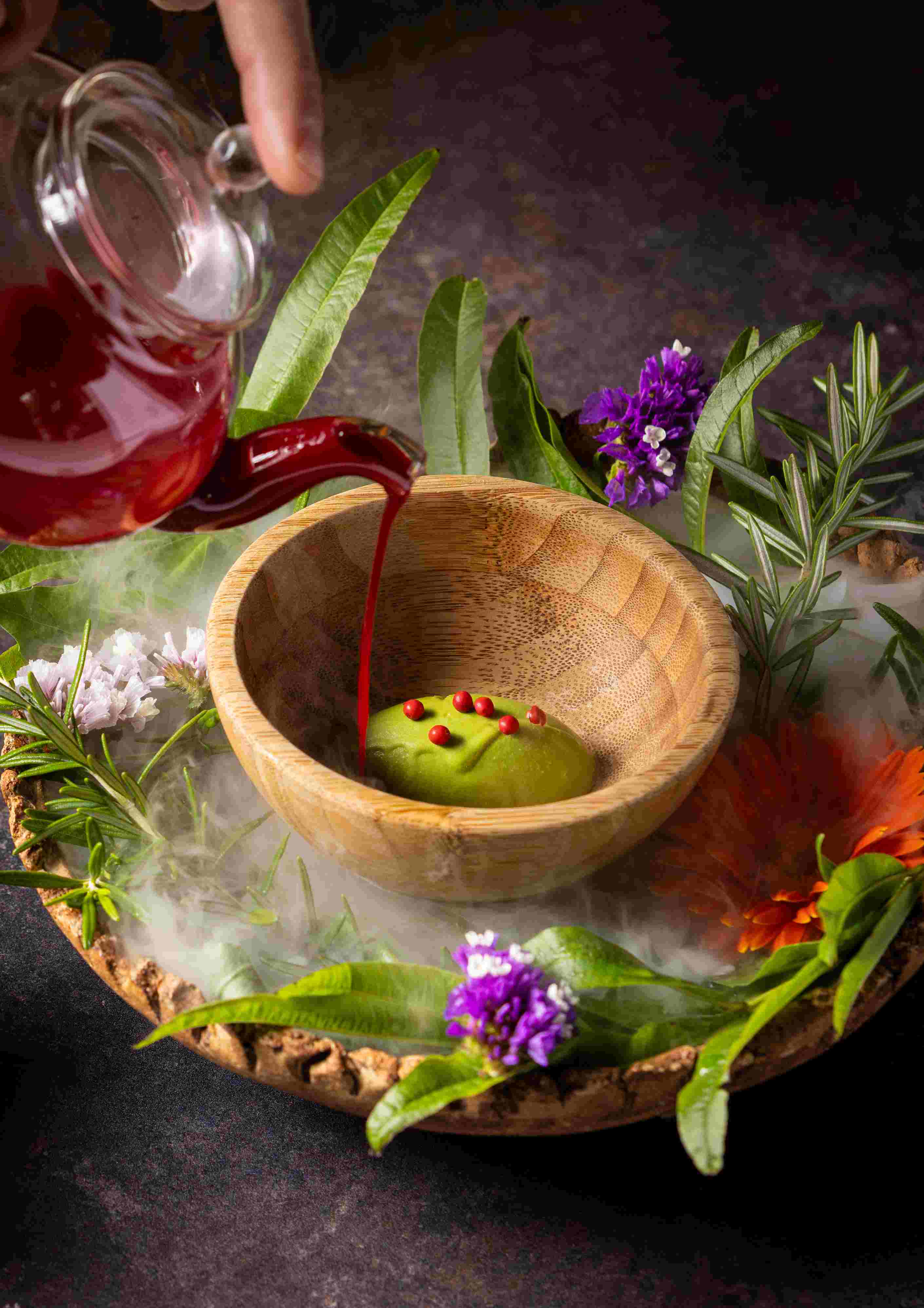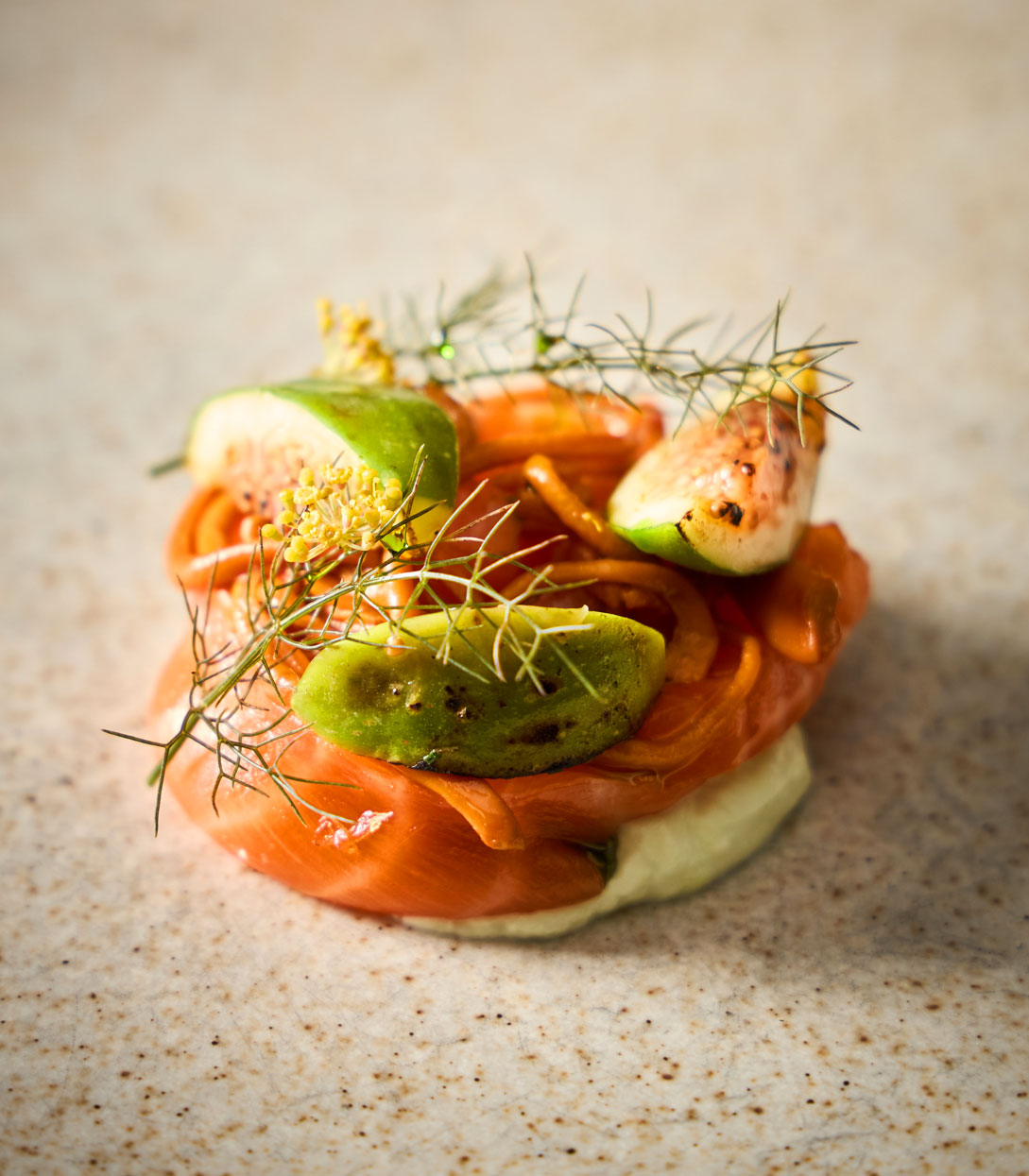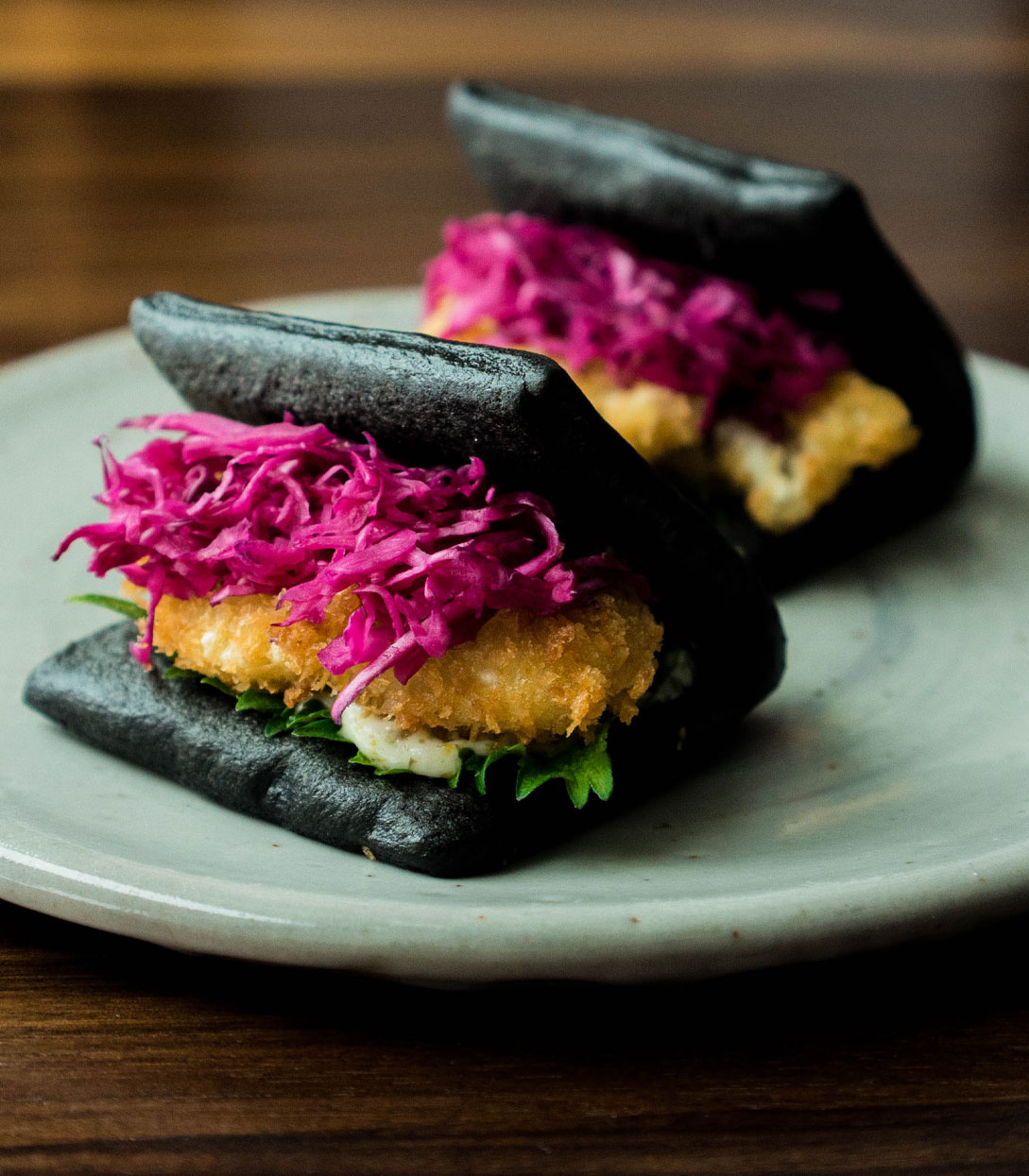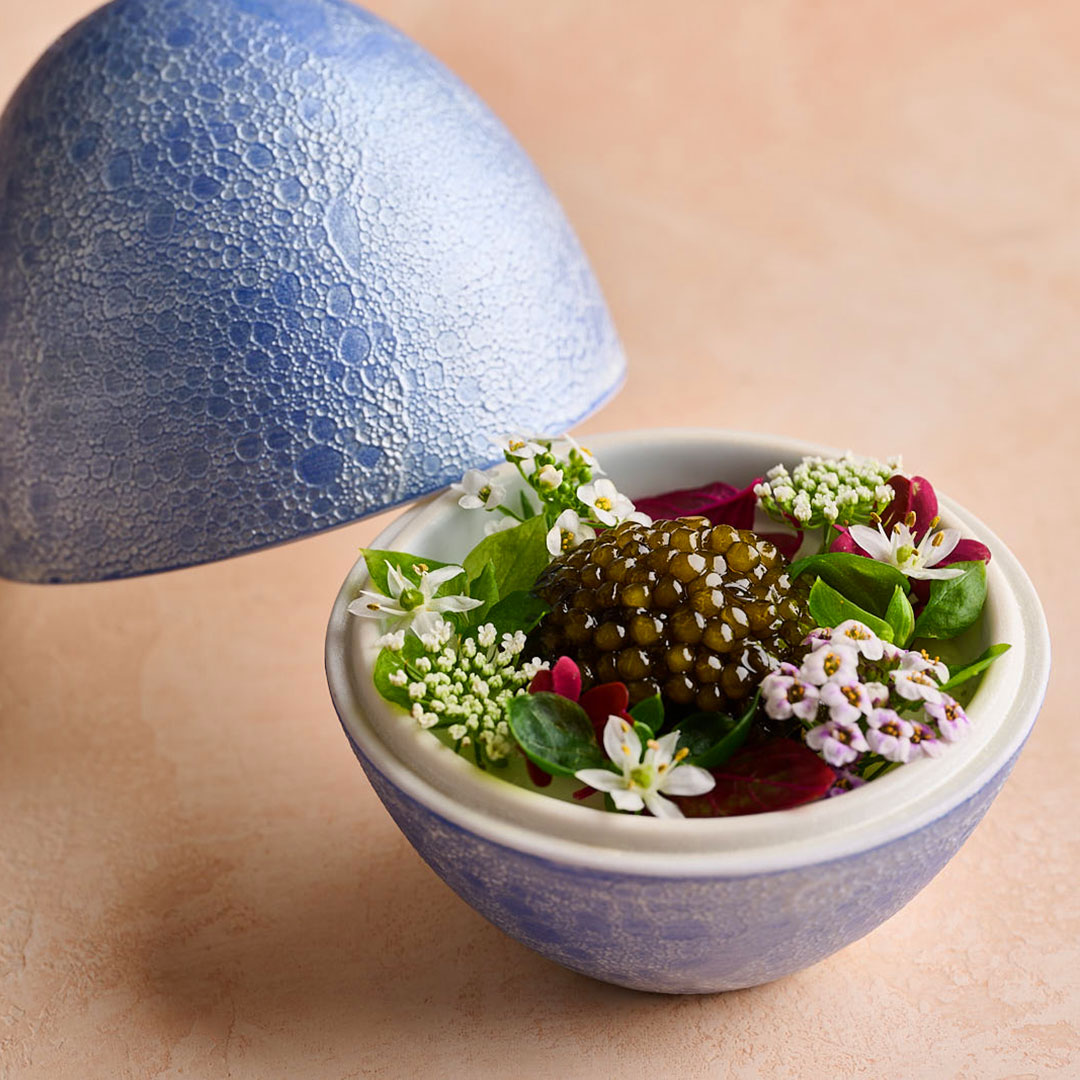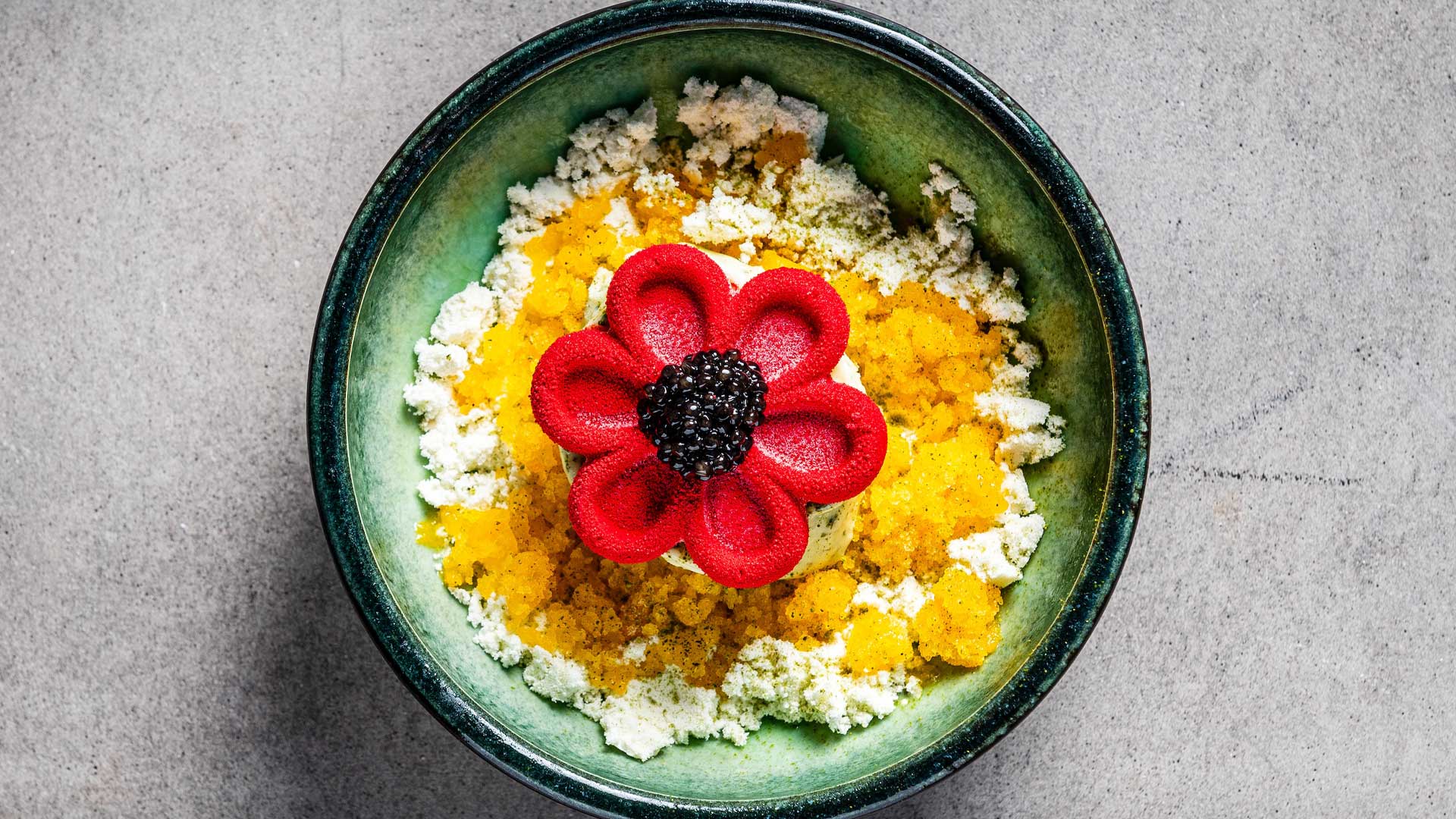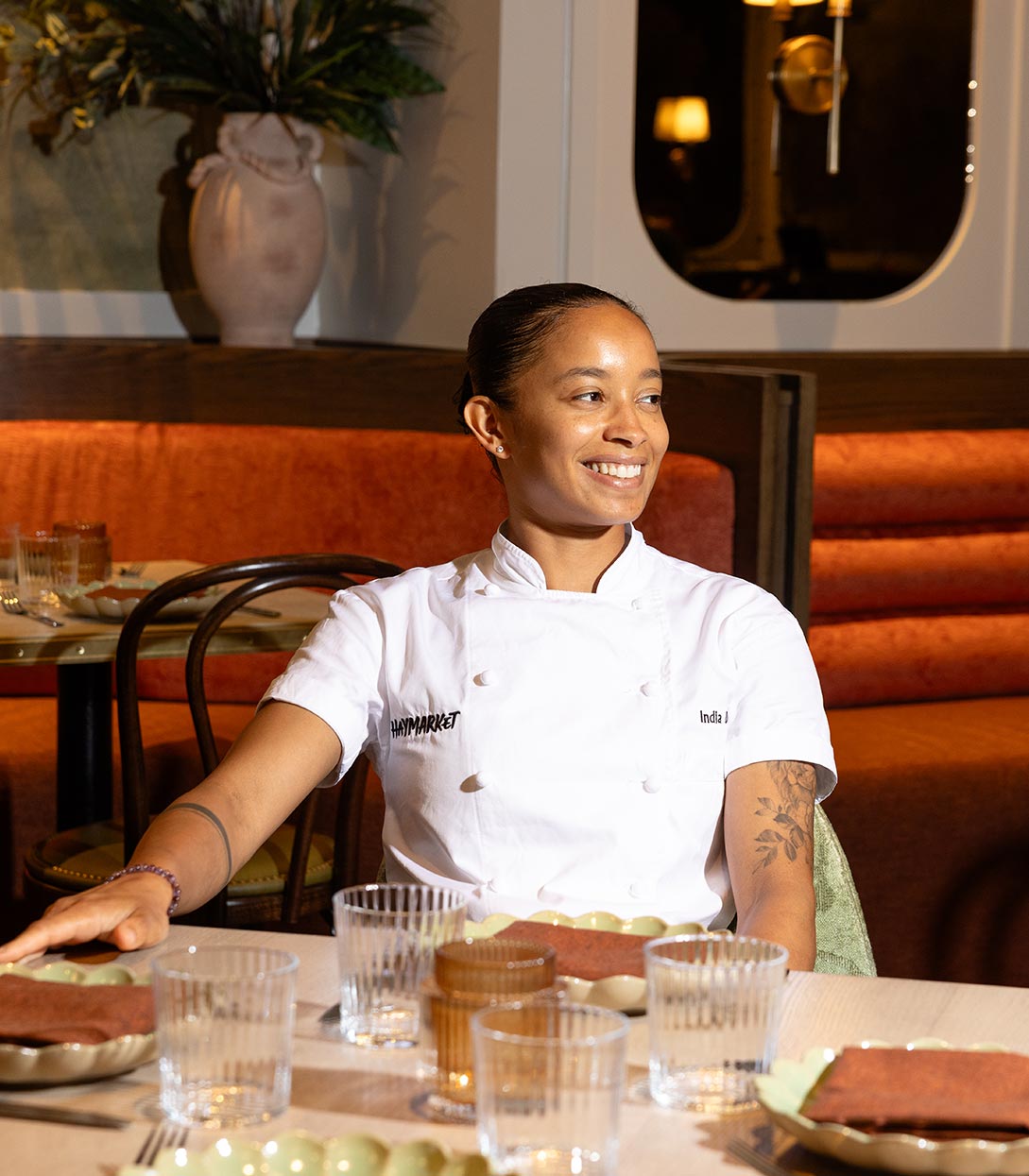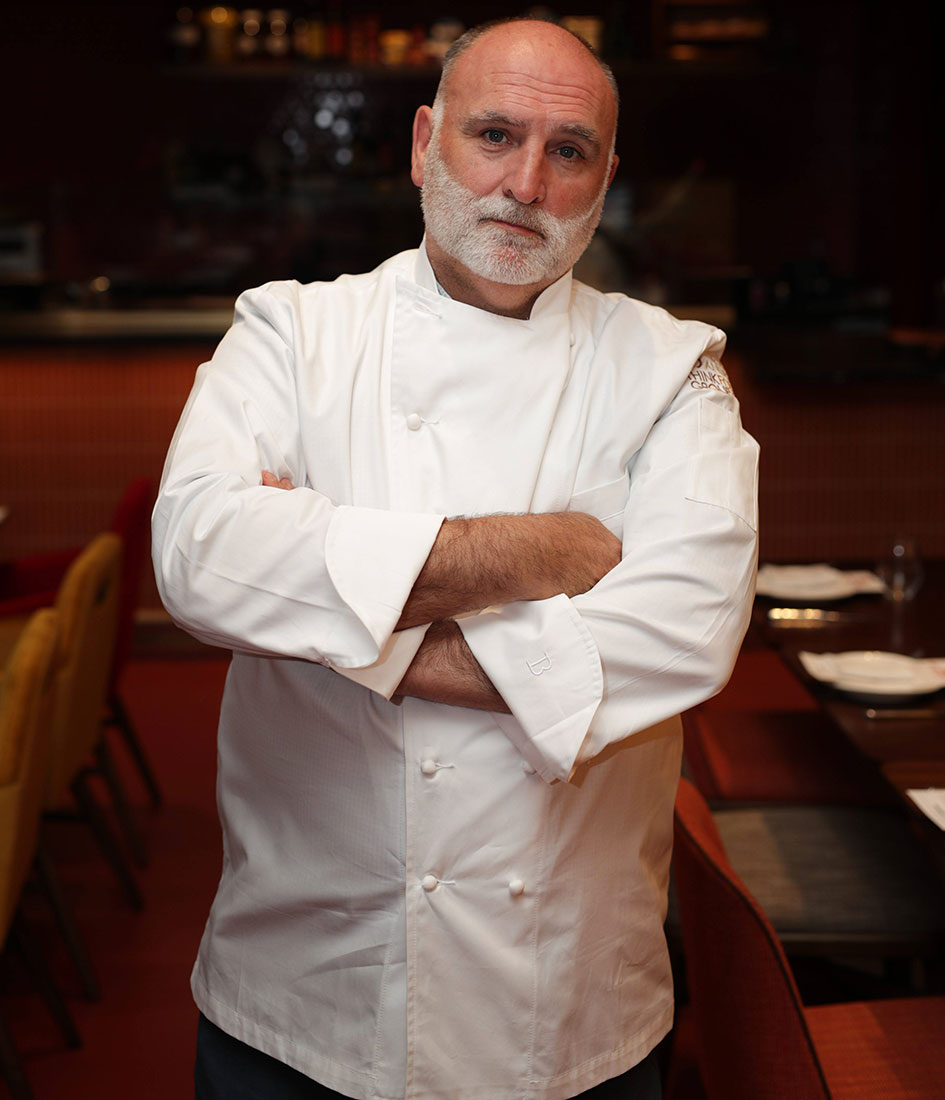In the latest edition of Chef’s Table (premieres April 28), Netflix spotlights legendary chefs, including Alice Waters, Thomas Keller, José Andrés, and Jamie Oliver.
Alice Waters pioneered the farm-to-table movement in America. At a time when the food industry prioritized efficiency, convenience, and mass production, she championed something radically different: local, sustainable, and seasonal ingredients.
Opening Chez Panisse in Berkeley, Chef Waters ignited a movement. Her visionary approach towards food defined what we now know as California cuisine, and her restaurant later earned recognition in America's first group of MICHELIN Green Stars.
Beyond her own kitchens, she has also made a massive impact through teaching others. She created The Edible Schoolyard Project, which has reached thousands of schools and even The White House to help students learn about sustainable, healthy food.
Today, she’s not only a devoted grandmother to her granddaughter, but also the guiding force "grandmother" to an entire generation of American chefs and students who have been inspired by her vision.
As the mother of the farm-to-table movement, you have inspired countless chefs. What advice would you give to the next generation of aspiring chefs?
It’s important to start with the very best ingredients you can find – whatever’s in season, grown with care, and harvested right at its peak. Taste as you go, and then let those ingredients speak for themselves. Everything tastes better when you know your local farmers – cooking starts in the soil!


Your salads are world-famous, including your goat cheese salad, which has been on the menu most days since 1981. With a menu that has changed every single day for 50 years focused on what’s the freshest, do you have any other personal favorite dishes?
We have some early asparagus on the menu right now, and it’s just beautiful. Hardly even needs to be cooked! I always find myself most impressed by the simplest dishes; perfectly ripe fruits or vegetables with a drizzle of olive oil, letting those flavors sing.
How do you recommend restaurants balance using quality ingredients, while also managing affordability?
It’s true that good food tends to cost more, but we have to remember the hidden cost of fast, cheap food, too – it takes a toll on our health and our planet. I think that even simple and cheap foods, like a bowl of garlicky beans, can be luxurious and healthy when selected and prepared with care and intention. When we cook at home we can be more mindful with ingredients and waste, and we can be good community members by supporting our local food purveyors.


What’s one thing you teach your Edible Schoolyard students that we all could do in our daily lives?
Plant something. Even if you just plant some herbs in a little pot on your windowsill. When you grow food, even a little, you get to be a part of a small miracle every day. It will teach you patience, it will teach you gratitude, it will teach you resilience.
You love the French phrase, “impossible is not a word in the French language.” After accomplishing your current dream, what’s the next impossible thing you hope to see happen?
I believe that every child in this country deserves a free, nourishing school lunch – and that those lunches can be made from real food, grown locally and regeneratively, and prepared with love. If we can accomplish that, we can change everything, and our children’s futures will be better for it.


Outside of the culinary world, who has influenced your culinary or life philosophies?
The poet Wendell Berry has shaped me deeply, because he has written so much beautiful poetry about stewardship of the land. I’m always inspired by real artists and craftsmen who remind us that beauty and utility can coexist. But it’s farmers who have taught me the most, because they understand that food is what connects us all, and that everything comes back to the soil.

All images Courtesy of Netflix © 2025







